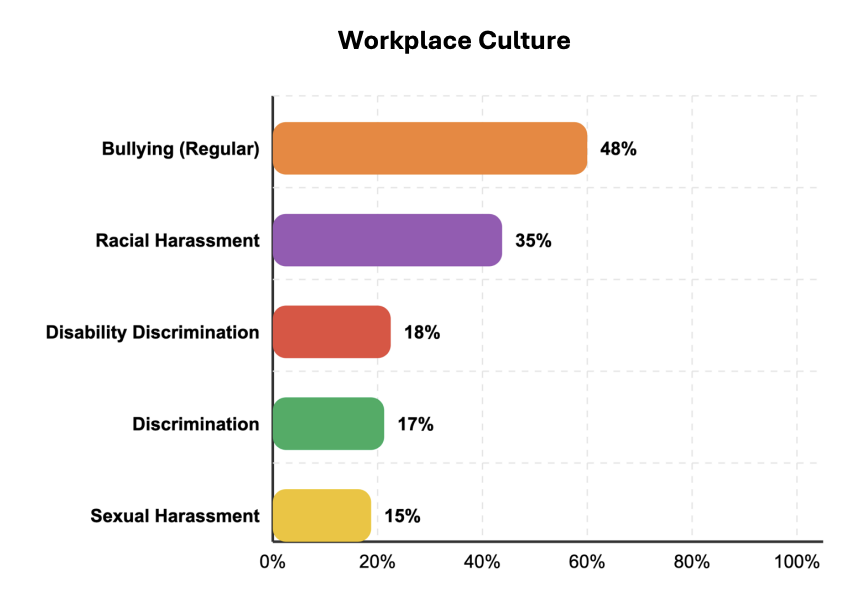
'The severity of burnout in the sector has reached alarming levels'

Nearly three in four employees in Australia's screen industry don't think that it is a mentally healthy place to work despite feeling proud of the work that they do, according to a new report.
A new study from Griffith University looked into the mental health and wellbeing of workers in Australia's screen industry, including those in film, games, animation, and acting, among others.
It found that while 76% feel proud of the work they do, 72% disagreed that the industry is a mentally healthy place to work.
In fact, 36% of the participants said they have considered leaving their job in the past six months, while one in four is already planning their exit within six months.
These negative sentiments in the industry come following findings that workers in the industry are experiencing "critical levels of burnout."
"Many find it nearly impossible to maintain any meaningful life outside of work, missing important personal events and family moments due to professional demands," the report read.
According to the findings, 57% of employees feel worn out at the end of the workday, and another 59% struggle with work-life balance.
"The severity of burnout in the sector has reached alarming levels, comparable to the well-documented exhaustion experienced by healthcare professionals worldwide," the report read.
Despite their deteriorating mental health, 72% of screen industry workers disagreed that their psychological wellbeing is a priority of their employers.
At least four in 10 also don't think that management acts quickly to address psychological health issues (40%) and that people in their industry have supportive attitudes towards those with mental health issues (47%).
The report said the findings underscore a "concerning disconnect" between industry leadership and worker wellbeing.
"Many screen industry workers report deteriorating mental health including depression, confidence loss, and decreased happiness, directly attributing these issues to their industry work," the report read.
"While most professionals feel they need mental health support due to their screen industry careers, they overwhelmingly seek help from external sources like mental health professionals and friends rather than workplace supervisors."
In addition to mental health, the report also found a "deeply troubling workplace culture" due to bullying, harassment, and discrimination in the industry.

"The current reporting system appears fundamentally broken, with many choosing not to report incidents due to legitimate fears of career damage and scepticism that meaningful change would result," the report read.
The findings underscore the need for "real, lasting change" in Australia's screen industry, according to the report.
"High rates of bullying, harassment, and discrimination, coupled with poor work-life balance and job dissatisfaction, point to a need for urgent systemic reform," it read.
"While workers take pride in their work and continue to be engaged, the industry must prioritise improving workplace culture and resilience to create a healthier, more supportive environment that retains talent and enhances overall wellbeing."
Among the report's recommendations are: